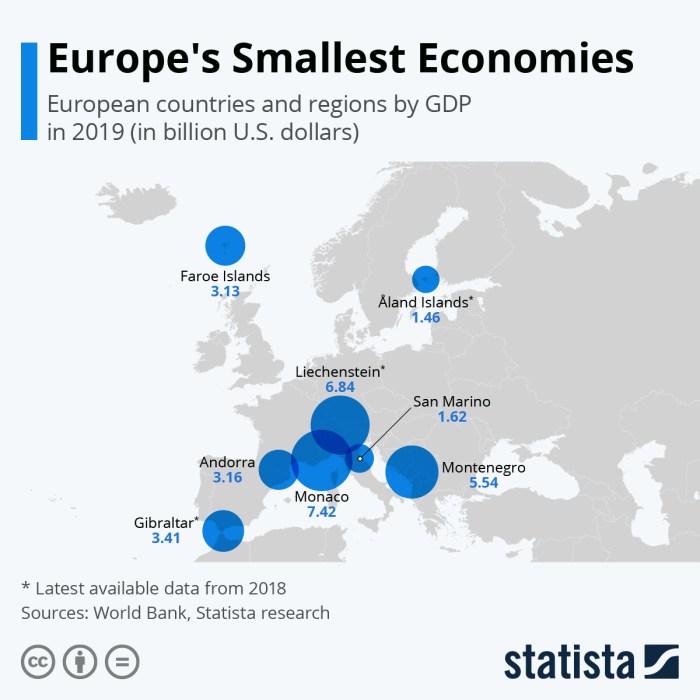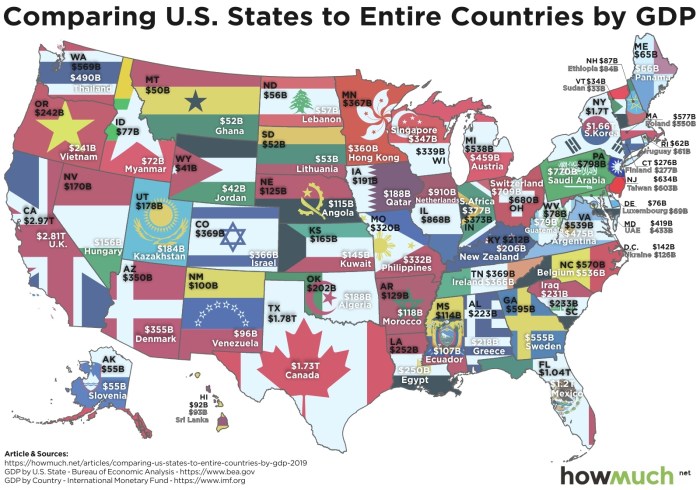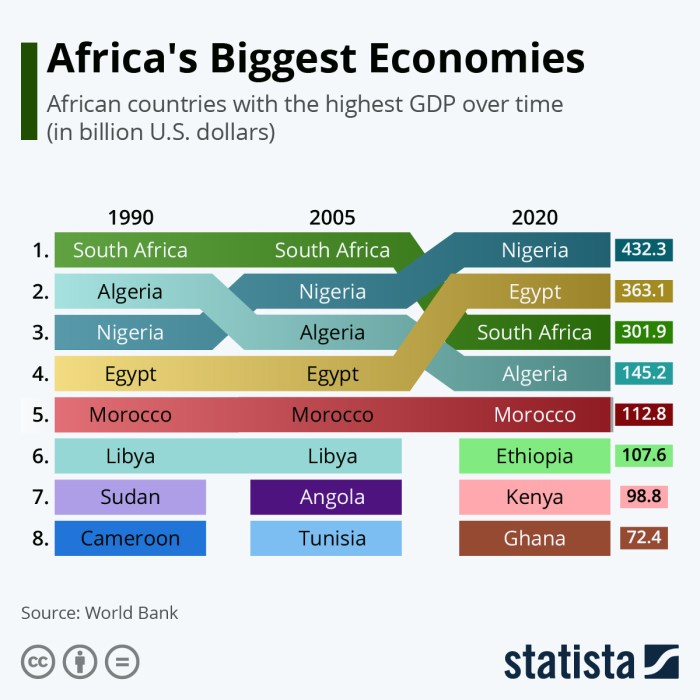Underground economies are smallest in countries with strong economies. This correlation stems from the deterrence of underground activities in robust economic environments. Formal employment opportunities, social welfare programs, and other factors contribute to this phenomenon, shaping the dynamics of business, competition, and tax revenue.
Understanding the causes and impacts of smaller underground economies in strong economies provides valuable insights for policymakers seeking to reduce illicit activities and promote economic growth.
1. Introduction

Underground economies, also known as informal economies, encompass economic activities that are not officially recognized or regulated by the government. These activities range from small-scale trading to large-scale tax evasion. Strong economies, on the other hand, are characterized by high levels of economic growth, low unemployment, and stable inflation.
This article explores the relationship between strong economies and the size of underground economies, arguing that underground economies tend to be smaller in countries with strong economies.
2. Causes of Small Underground Economies in Strong Economies
There are several reasons why underground economies are smaller in strong economies.
Formal Employment Opportunities
Strong economies provide ample formal employment opportunities, reducing the incentive for individuals to engage in informal activities. With stable jobs and reasonable wages, people are less likely to turn to the underground economy for additional income.
Social Welfare Programs, Underground economies are smallest in countries with strong economies.
Comprehensive social welfare programs can also deter underground activities. When individuals have access to unemployment benefits, healthcare, and other essential services, they are less likely to resort to informal work to meet their basic needs.
3. Impacts of Small Underground Economies

Smaller underground economies can have several benefits for businesses and the economy as a whole.
Benefits for Businesses
Reduced underground activities can create a more level playing field for businesses. When businesses are not competing with untaxed and unregulated competitors, they can operate more efficiently and profitably.
Tax Revenue
Smaller underground economies can also increase tax revenue. When more economic activities are officially recognized, the government can collect more taxes, which can be used to fund public services and infrastructure.
4. Case Studies
Several countries provide examples of how strong economies can lead to smaller underground economies.
Sweden
Sweden has one of the strongest economies in the world and a relatively small underground economy. This is attributed to its robust social welfare system, which provides a safety net for individuals, and its strict tax enforcement.
Singapore
Singapore is another example of a country with a strong economy and a small underground economy. The government’s strict anti-corruption laws, efficient tax administration, and investment in education have all contributed to reducing informal activities.
5. Policy Implications

Governments can play a significant role in shaping the size of underground economies through policy interventions.
Anti-Corruption Measures
Strong anti-corruption measures can deter individuals and businesses from engaging in informal activities. This can be achieved through increased transparency, stricter enforcement, and public awareness campaigns.
Tax Simplification
Simplifying the tax system can also reduce the incentive for businesses to operate in the underground economy. When tax laws are complex and burdensome, businesses may be more likely to evade taxes.
FAQs: Underground Economies Are Smallest In Countries With Strong Economies.
What are the key factors contributing to smaller underground economies in strong economies?
Formal employment opportunities, social welfare programs, and effective law enforcement are key factors.
How do underground economies impact businesses in strong economies?
They can reduce unfair competition and increase opportunities for legitimate businesses.
What are the potential challenges in reducing underground economies?
Cultural norms, lack of access to formal employment, and corruption can pose challenges.